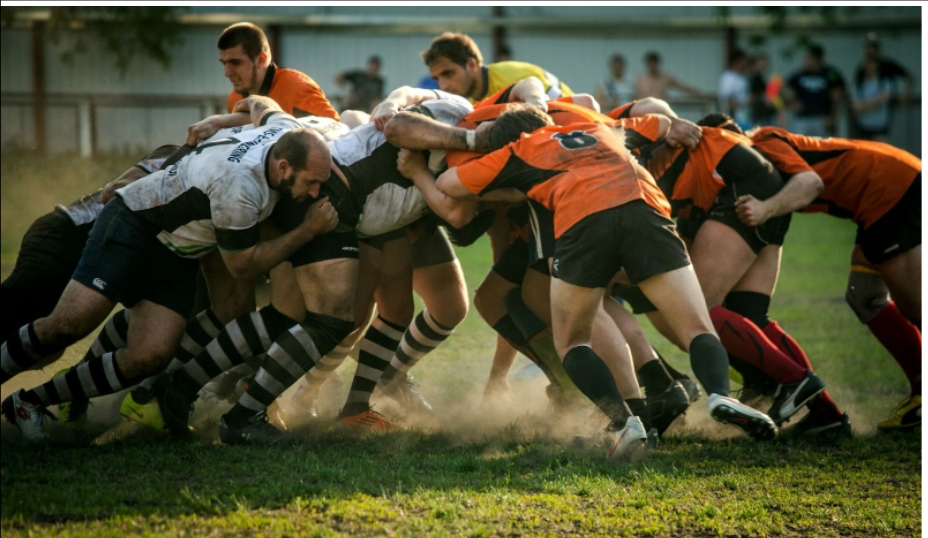Analyzing the performance of a rugby league team involves a comprehensive understanding of various factors that contribute to their success on the field. Whether you’re a coach, player, or an enthusiastic fan, knowing what to look for can provide deeper insights into the game. Here’s a detailed guide on how to effectively analyze rugby league team performance.
Understanding Team Dynamics
Team dynamics play a crucial role in the overall performance. Look at how well the players communicate and work together during the game. Strong teamwork often translates into better on-field performance. Pay attention to the roles each player fulfills and how effectively they execute their responsibilities. Consistent coordination between players, especially during defensive and offensive plays, is a key indicator of a well-functioning team.
Evaluating Player Statistics
Player statistics are a valuable tool in analyzing team performance. Key metrics to consider include tackles, passes, meters gained, and error rates. High tackle counts and effective passing often indicate strong defensive and offensive capabilities. Meters gained reflect a team’s ability to advance the ball, while low error rates suggest disciplined play. Regularly reviewing these statistics helps in identifying areas of strength and weakness within the team.
Assessing Game Strategies
A team’s strategy can significantly impact their performance. Observe the game plan employed by the team, including their defensive and offensive strategies. Notice how they adapt to different opponents and game situations. Effective strategies often involve well-planned plays, quick adaptations, and strategic use of player strengths. Analyzing how well the team sticks to their game plan and adjusts to changing circumstances can provide insights into their strategic acumen.
Analyzing Fitness Levels
Fitness levels are critical in determining a team’s performance throughout the game. Teams with higher fitness levels often maintain their performance and intensity, especially during the latter stages of the match. Look at the players’ stamina, speed, and recovery times. A team that can sustain high energy levels and quick recovery from physical exertion is likely to perform better consistently.
Reviewing Past Performances
Reviewing past performances can offer valuable insights into a team’s consistency and growth. Analyze recent games to identify patterns in performance. Look for trends such as consistent victories, close matches, or frequent losses. Assessing past games also helps in understanding how the team handles pressure situations and learns from their mistakes. A team that shows continuous improvement is often on the right track.
Monitoring Coaching Influence
The influence of the coaching staff is a significant factor in team performance. Effective coaches develop strong game plans, foster team spirit, and improve individual player skills. Observe the tactical changes made by the coach during the game and their impact on the team’s performance. The ability to motivate players and make strategic decisions under pressure is a hallmark of good coaching.
Keeping an Eye on Injuries
Injuries can have a profound impact on team performance. Monitor the injury status of key players and how their absence affects the team. A team with a high injury rate might struggle with consistency and performance. Also, consider how well the team manages player rotations and substitutions to minimize the impact of injuries.
Assessing Opponent Quality
The quality of the opponents faced by the team also influences performance analysis. Strong performances against high-quality opponents often indicate a solid team. Compare the team’s performance against both strong and weaker opponents to get a balanced view. Consistent performance across different levels of opposition is a good indicator of a team’s robustness.
By focusing on these aspects, you can gain a comprehensive understanding of rugby league team performance. Whether you’re looking to improve your own team’s strategies or simply want to deepen your appreciation of the game, these tips will help you analyze and appreciate the nuances of rugby league.




